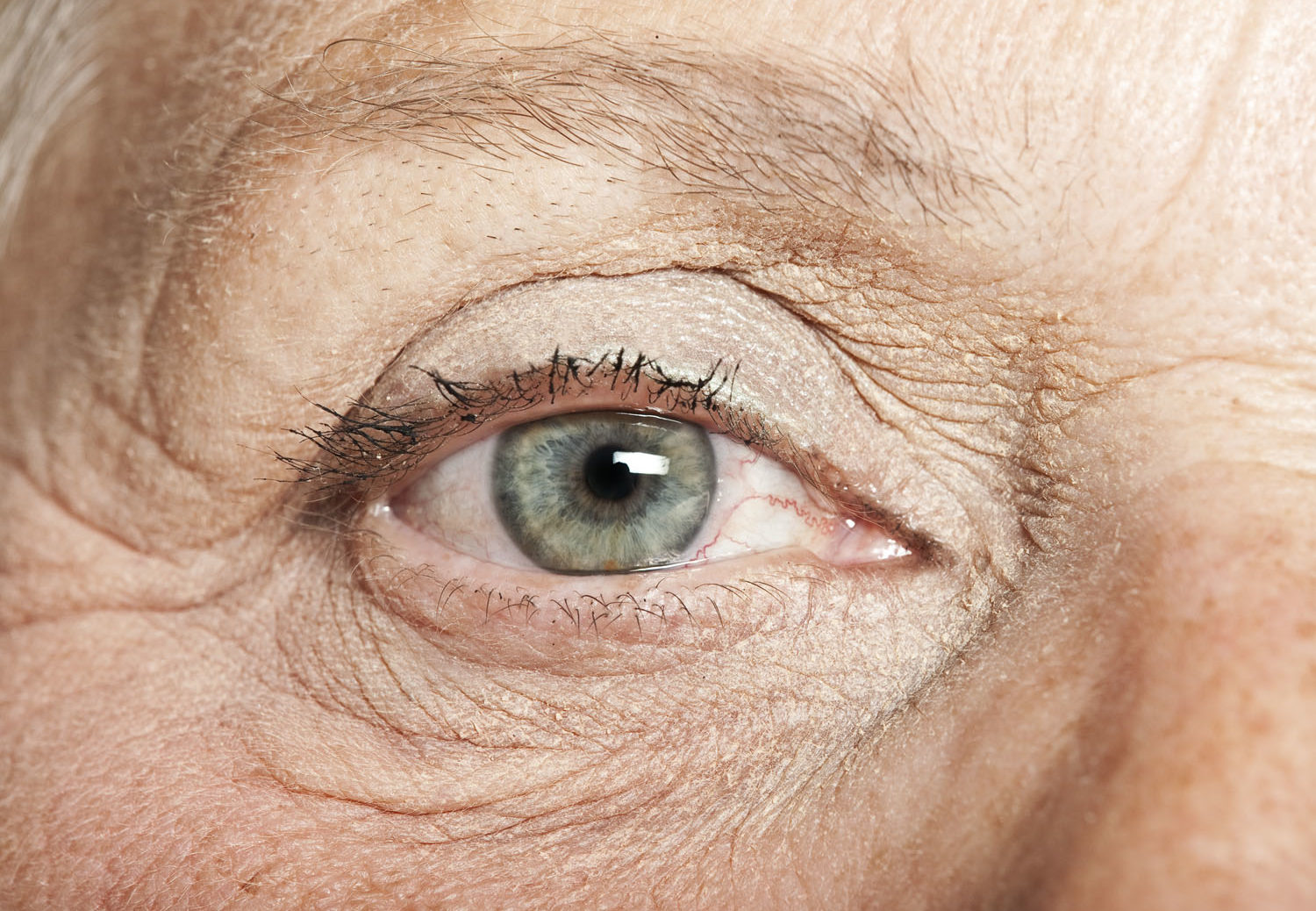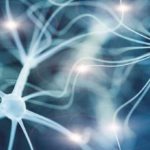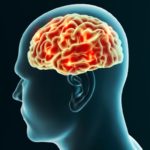Researchers at Boston University School of Medicine were capable of uncovering a specialized eye scanner able to detect and track biological aging in people. Their study was published in the Journal of Gerontology: Biological Sciences.
“The human lens is an ideal tissue for quantitative assessment of molecular aging in vivo,” the findings say.
“Long-lived proteins in lens fiber cells are expressed during fetal life, do not undergo turnover, accumulate molecular alterations throughout life, and are optically accessible in vivo. We used quasi-elastic light scattering (QLS) to measure age-dependent signals in lenses of healthy human subjects.”
According to researchers, the eye scanner works by accurately measuring spectroscopic signals from proteins in the lens of the eye. These proteins accumulate aging-related changes throughout one’s lifespan, providing insight into a person’s ‘life history of aging.’
“The lens contains proteins that accumulate aging-related changes throughout life. These lens proteins provide a permanent record of each person’s life history of aging. Our eye scanner can decode this record of how a person is aging at the molecular level,” said Lee Goldstein, co-author of the study.
Our findings demonstrate that QLS analysis of human lens proteins provides a practical technique for noninvasive assessment of molecular aging in vivo, Goldstein and her colleagues concluded.


